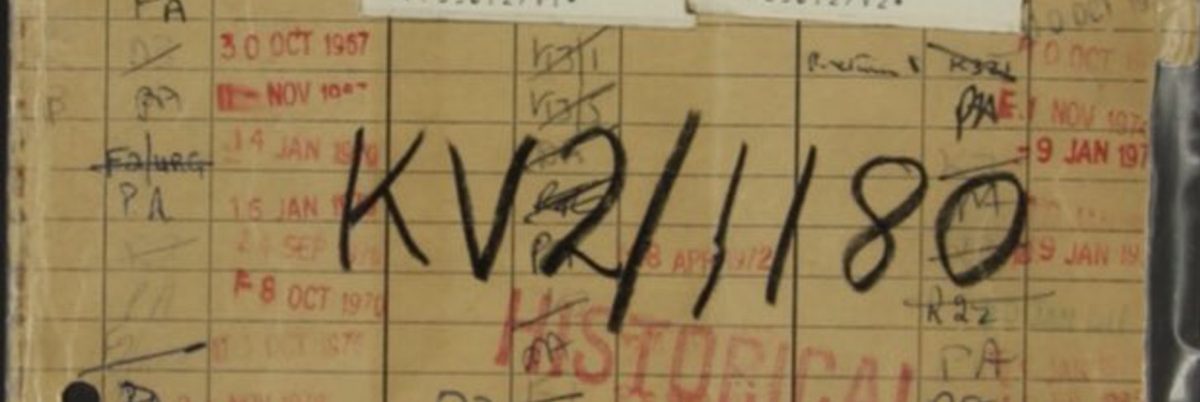
“…the author of these verses -Mr Robert Stewart- the man of lucid and terse prose, the very matter of fact economist, having the leisure of the prison cell thrust upon him, turns to Rhyme, and with apt and happy effect expresses not merely his hatred of War, but his whole-souled antagonism to the basic cause of War. Because of his trenchant condemnation of the Capitalistic system and of the Capitalistic Governments whose machinations had inevitably produced the terrible holocaust of death, Mr Stewart was arrested in December 1916, and remained imprisoned in guard-room or gaol until April 1919. But stone walls and iron bars can only hold the body captive, and the spirit of the man never flinched and never faltered-a fact that may be gathered from a perusal of his verses. two passions seem to me to inspire them all-a passion of veneration of love for humanity and a passion of hatred towards every circumstance, convention and condition which operates to the detriment of the human race.”
G. Anderson from the Foreword to Robert Stewart’s Prison Rhymes (1919).
When the First World War began Bob Stewart spent most of his energies agitating against it. By 1916 the government had passed the Military Service Acts which imposed conscription on all males of military age with few exceptions. Eventually, Bob was called up to fight. He refused and so this led to a series of court martials and a large amount of time spent at his majesty’s pleasure in Wormwood Scrubs, Calton Gaol, Edinburgh Castle and Dundee Gaol. He was eventually released in 1919 several months after the end of hostilities.
Surviving copies are rare and few come up for sale. I saw one advertised at the end of last year but £650 seemed a bit steep and I didn’t have it spare. In the late eighties my brother rang up the Communist Party of Great Britain to ask if they had one and they kindly sent a photocopy which is the only version we’ve ever seen. I imagine the original is now in the People’s History Museum in Manchester with the rest of the CPGB archive.
For the most part the poems are written in Scots dialect and are largely concerned with protest, socialist agitation and reflections on the isolation of prison life. I’m not making any great claims for the collection as poetry but it is a good example of popular socialist pamphleteering . It was published in 1919 in order to raise funds for Bob’s party – the Socialist Prohibition Fellowship (formerly the Prohibition and Reform Party). As Bob explains in his memoirs:
“…meetings packed out Sunday nights in the Foresters Hall. They were always packed out, with hundreds left outside. Invariably there was a queue to get in an hour before starting time to make sure of a seat. my Prison Rhymes now became a best seller. So with the money from the collections and the booklet we were doing very well financially.”
Bob Stewart, Breaking the Fetters, Lawrence & Wishart 1967
I’ll be posting some of the poems on here over the next few months. The first one, ‘Little Nan’ is about Bob’s daughter Annie Walker Stewart or Aunt Nan as my father knew her. She would have been six at the time of publication and the poem reflects Bob’s sadness of being separated from her for most of the preceding three years. Like all of Bob’s children she would eventually become a committed member of the CPGB though Khrushchev’s speech in 1956 together with matters closer to home brought all that crashing down.
‘Little Nan’ by Robert Stewart
O bonnie lass o’ mine
Wih eyes that brightly shine,
With your winsome ways and tender loving smile
O how pleasant it would be
Could I come away with thee
And leave this dismal solitude awhile
O to listen to your voice
How ‘twould make my heart rejoice,
And to see the lovelight glancing in your eyes,
What recompense ‘twould be
For the days spent wearily
So far away from those I love and prize.
Alan Stewart.
